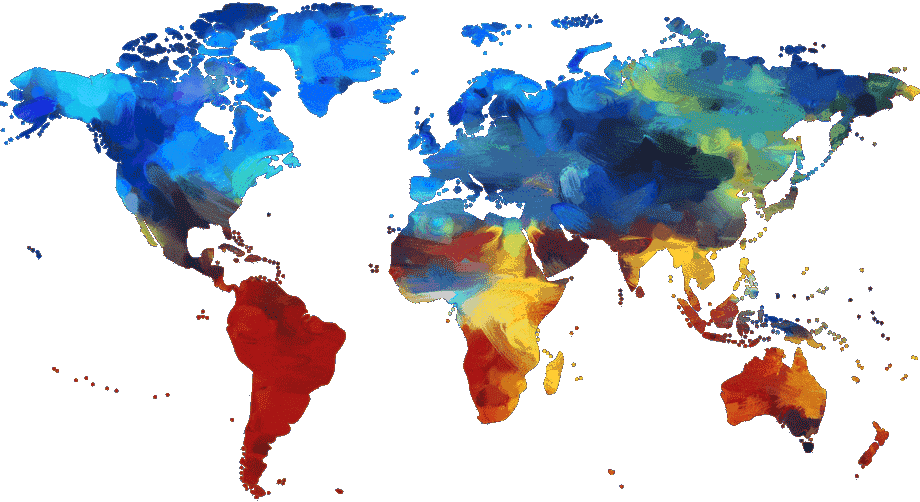Regulatory Compliance Journal
3 articles matching ucits tag
How are gatekeepers used for money laundering?
In the world of finance, gatekeepers such as accountants, and lawyers are meant to safeguard against financial crime. Yet, these very players can sometimes become unwitting—or even complicit—partners in money laundering schemes. The expertise that makes these professionals indispensable to ...
- 9 min read
How to improve compliance culture?
A strong compliance culture helps to establish the foundation for a lasting positive impact for a company, its employees, and its clients by achieving ethical practices, clear values, and the respect of local and international legislation. Despite its benefits and legal necessity, most companie...
- 7 min read
How to set up a conflict of interest program
Imagine a situation in which the integrity of your organisation is corrupted by personal gain – how would you respond? In the field of business ethics, a strong conflict of interest program is the cornerstone that keeps an organization's reputation intact. With it, transparency isn't ju...
- 10 min read
How will the EU AI Act impact financial services?
In 2017, the European Council emphasized the need to address artificial intelligence (AI) trends while maintaining high standards for data protection and ethics. By 2023, concerns about ChatGPT's misuse led to Italy's temporary ban. The European Union (EU) is now working on the AI Act to ...
- 8 min read
How to conduct KYC on companies
Corporate entities, with their complex networks and multifaceted operations, can become havens for criminal activity. Illicit money and unlawful actions can be hidden within layers of transactions across subsidiaries and partnerships, obscure beneficial owners, and dubious front businesses. How...
- 10 min read
Looking for Regulatory Watch Newsletter?
More work
KYC Business: tax havens, embargoes & sanctioned countries
Financial Sanctions, OECD, Financial firms, KYC, Compliance, Tax Havens, Red Flags, AML, Risk Based Approach, EU, Corruption, Know your Customer,Each year we are entitled to different lists about tax havens issued by governments or international organisations, but what is the difference between these lists? In October 2022, the European Union updated its list of non-cooperative tax jurisdi...
How to conduct KYC on companies
AML, Compliance, Due Diligence, KYC, Know your Customer, Financial Institutions, Red Flags, Risk Based Approach,Corporate entities, with their complex networks and multifaceted operations, can become havens for criminal activity. Illicit money and unlawful actions can be hidden within layers of transactions across subsidiaries and partnerships, obscure benefic...
What are the impacts of Financial Data Leaks?
Politically Exposed Persons, 6AMLD, DPA, Transparency, Data Security, Know your Customer, European Commission, Data breach, Digital, Money Laundering, Corruption,In the past decade, a series of leaks from insider sources have shed light on the complex systems of money laundering, tax evasion, and fraud perpetrated by certain countries and wealthy individuals. The profound work carried out by international jo...








-806688168.jpg)





